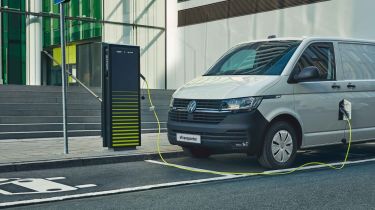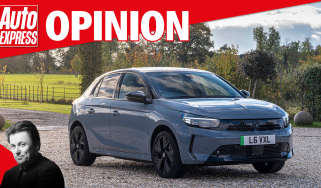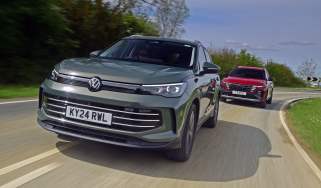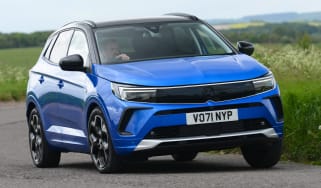Electric van charging guide
The idea of charging an electric van is a big change for new and potential electric vehicle owners, but it’s a lot easier than you might think

If you're looking at buying an electric or plug-in hybrid van, one of the most important considerations is how and where you'll charge it up. Just like electric cars, electric vans have to be regularly recharged in order to keep driving. And seeing as they tend to be used throughout the working day, rather than just being driven to and from work, they may have to be charged more frequently.
While this may be inconvenient for some users, the other side of the equation is the significant running-costs savings to be made by using an electric van, both in terms of 'fuel costs' and other expenses such as tax and maintenance. Being seen to 'go green' can be good for a business' image, too, plus there are grants available for installing charging infrastructure on you premises.
How to find a charging point
If you keep you van at your home or workplace overnight, it’s important to be able to charge it during that time. Off-street parking, such as a garage or a driveway, can make this much easier, as you can install a home wallbox to recharge the van with.
It's definitely worth getting one of these, as they significantly speed up your charging time compared to a standard domestic socket. Renault, for example, says a 7.4kW home wallbox will charge the 33kWh battery in the Master Z.E. van in six hours, giving drivers 120 miles of real-world range.
If you’re going to be using your van throughout the day, you may have to top it up at a public charging point. Most electric vans come with a sat-nav that has a database of available charging stations nearby, while you can also use a phone app like Zap Map or Open Charge Map to find find stations near you. The app and website shows both the availability of the stations, and how much a charge is likely to cost you.
What connector types do electric vans have?
Most electric vans today feature a Type 2 charging portal. In 2014, the European Commission ruled that all public charging stations should feature a Type 2 connector.
For example, the Renault Kangoo Z.E, Nissan e-NV200 and the Peugeot Partner Electric all have this cable. However, newer electric vans are also able to use DC rapid charging technology.
A 50kW rapid-charging point can get a Nissan e-NV200 from 20 to 80% charge in half an hour – much quicker than a 7kW home wallbox charger.



